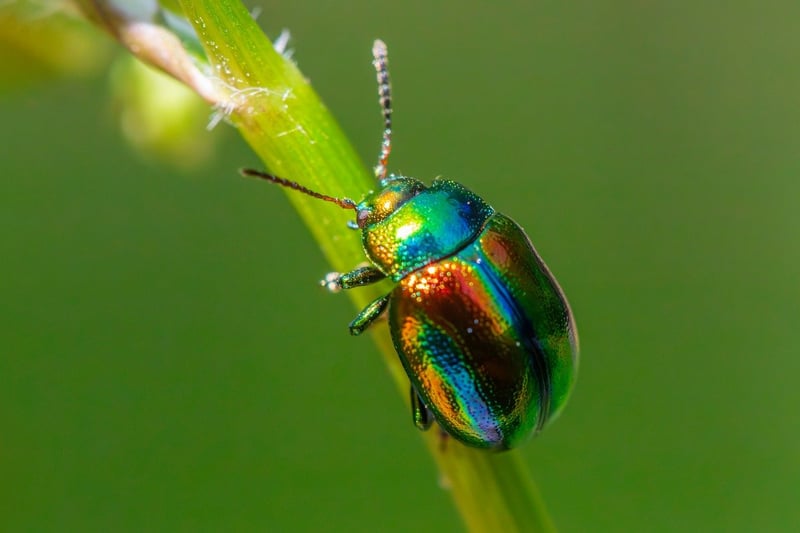Pest control
Keeping Your Vertical Garden Healthy + Pest Control
Introduction
Vertical gardens are a fantastic way to bring greenery into small spaces or add a unique touch to your home or office. However, maintaining the health of your vertical garden and keeping pests at bay can be a challenge. In this article, we will discuss tips and techniques to help you keep your vertical garden thriving and pest-free.
Maintaining a Healthy Vertical Garden
Proper care is essential to ensure that your vertical garden stays healthy and vibrant. Here are some key tips to keep in mind:
1. Adequate Watering
Make sure to water your vertical garden regularly, as plants in vertical structures can dry out more quickly than those in traditional gardens. Consider installing a drip irrigation system to ensure consistent moisture levels.
2. Proper Lighting
Place your vertical garden in a spot that receives adequate sunlight for the plants you have chosen. Consider the light requirements of each plant when arranging your vertical garden.
3. Nutrient-Rich Soil
Use high-quality soil or a suitable growing medium to provide essential nutrients to your plants. Consider adding organic fertilizers to support healthy growth.
4. Pruning and Maintenance
Regularly trim and prune your plants to remove dead leaves or overgrowth. This will not only keep your vertical garden looking neat but also promote healthy growth.
Pest Control in Vertical Gardens
Pests can pose a threat to the health of your vertical garden. Here are some natural ways to control pests and keep your plants safe:
1. Companion Planting
Planting pest-repelling herbs and flowers alongside your main crops can help deter pests. For example, marigolds can repel aphids, while basil can keep mosquitoes at bay.
2. Neem Oil Spray
Neem oil is a natural insecticide that can effectively control common garden pests like aphids, mites, and whiteflies. Dilute neem oil with water and spray it on your plants as needed.
3. Beneficial Insects
Introducing beneficial insects like ladybugs or lacewings can help control pest populations in your vertical garden. These insects feed on common garden pests and can be a natural form of pest control.
4. Regular Inspections
Inspect your vertical garden regularly for signs of pest infestations, such as chewed leaves or webbing. Early detection can help you take timely action to prevent pests from causing extensive damage.
Conclusion
By following these tips for maintaining a healthy vertical garden and implementing natural pest control methods, you can enjoy a thriving garden that adds beauty and greenery to your space. Remember to stay vigilant and proactive in caring for your vertical garden to ensure long-term success.

For more information on vertical gardening and pest control, visit Royal Horticultural Society.
